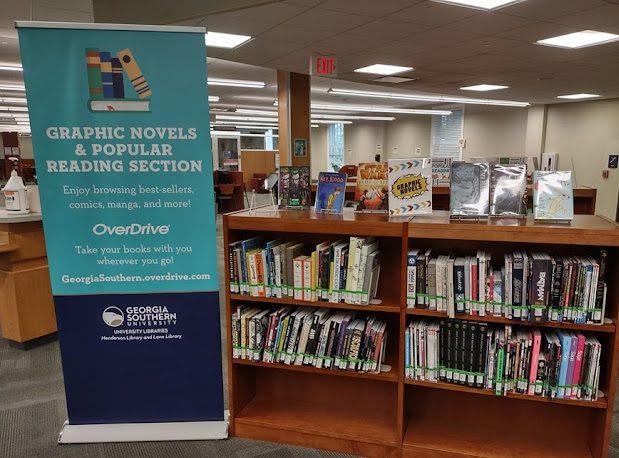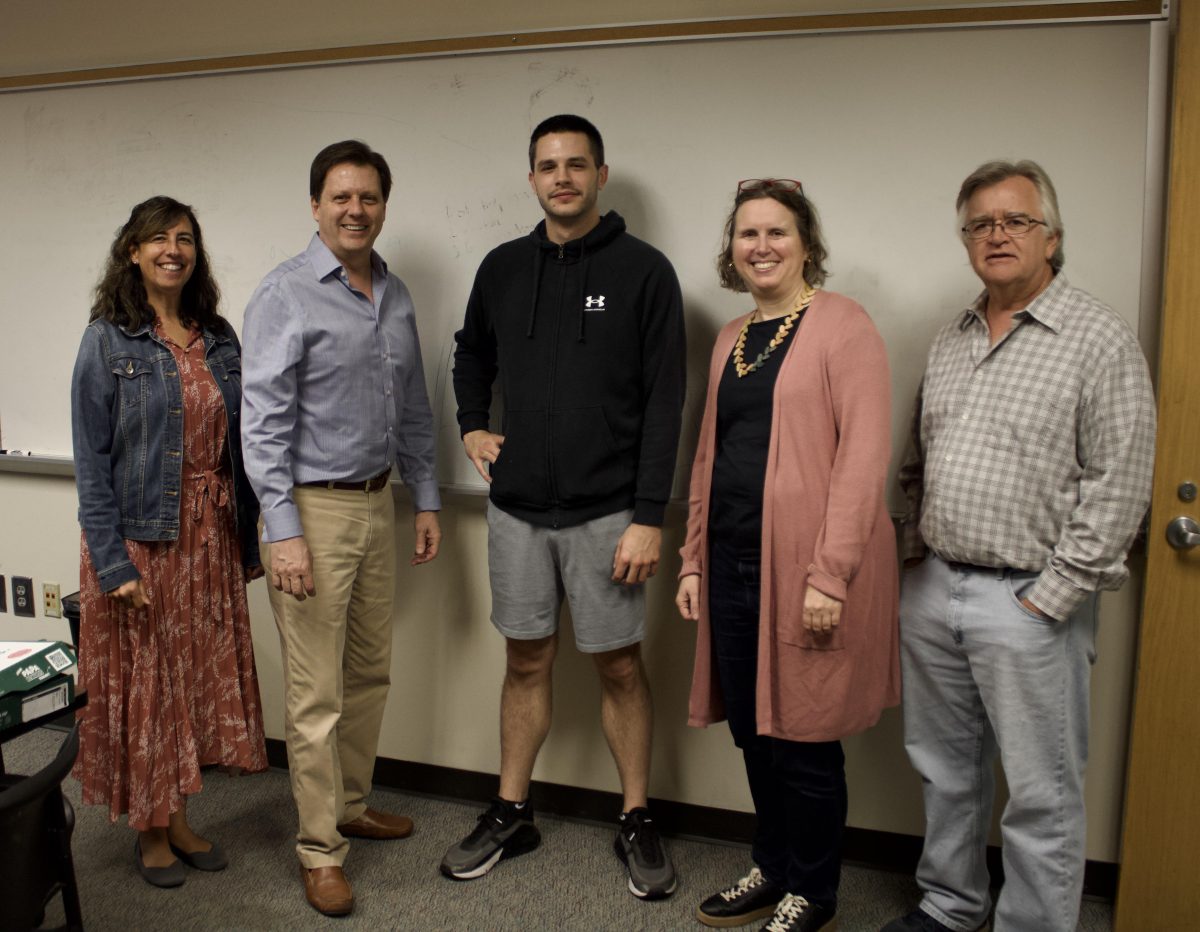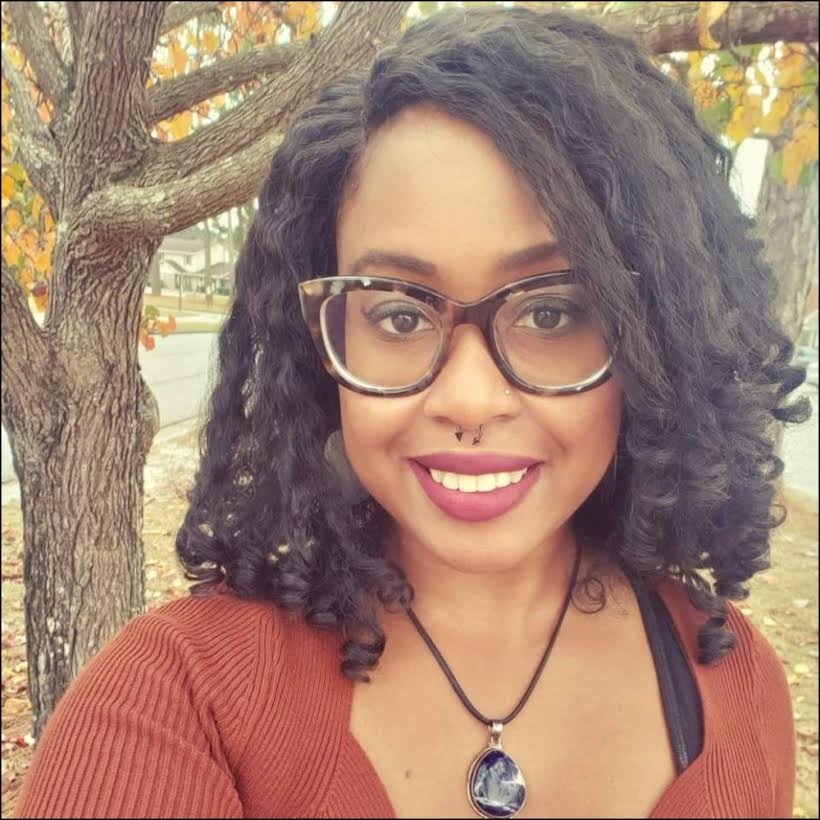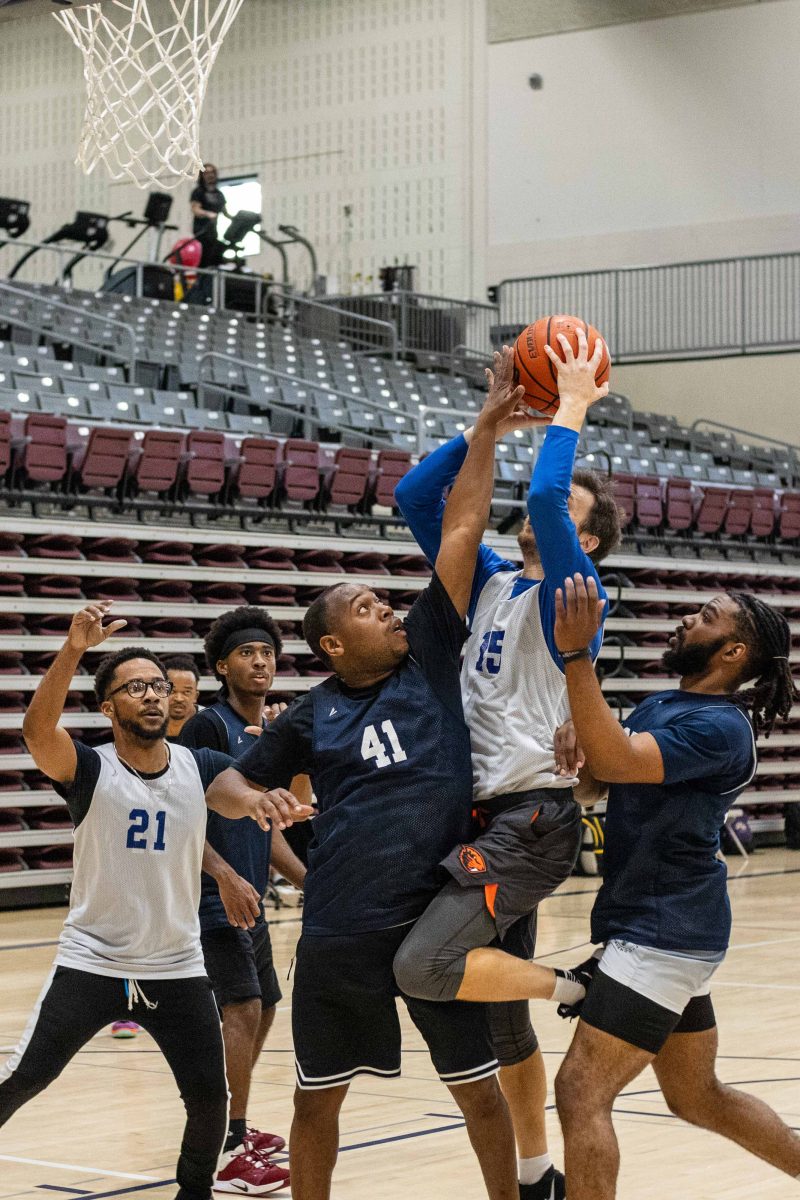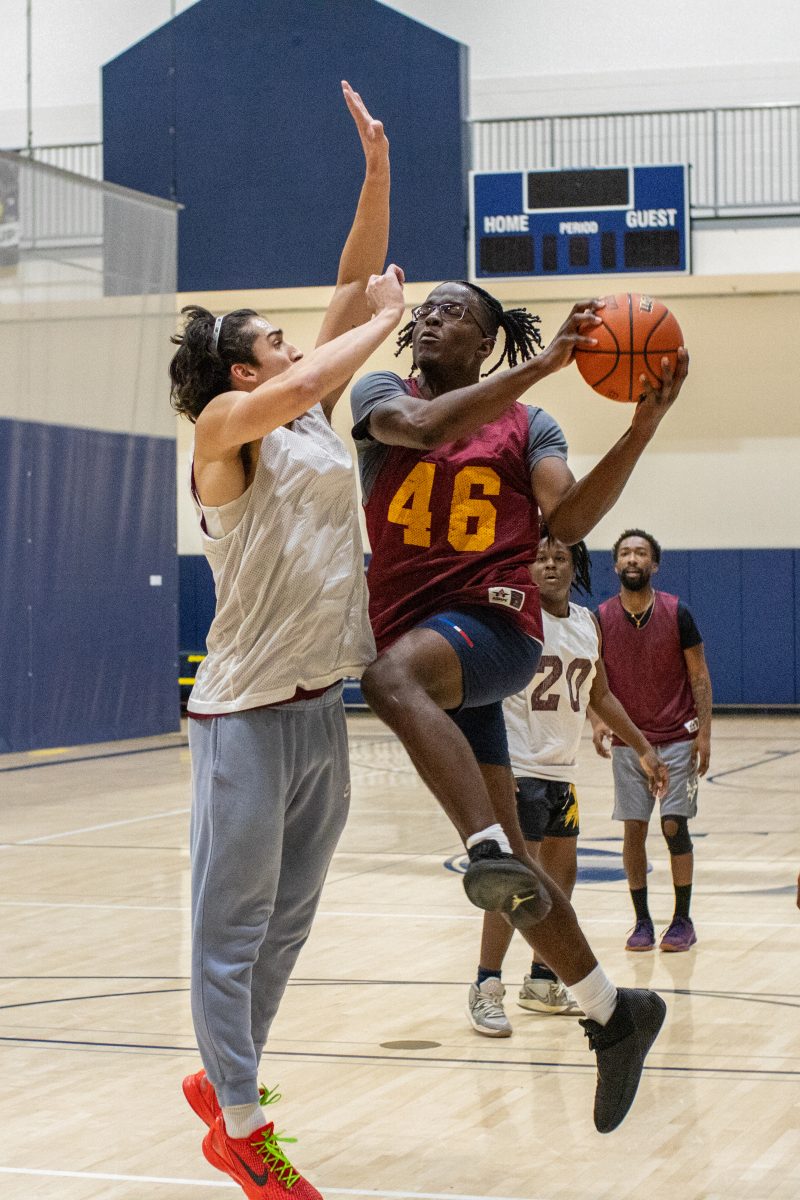By: Laura Weyman, Travel Editor
travel.inkwell@gmail.com
The Armstrong Visiting Writers Series resumes this Thursday, Oct 4 with celebrated poet and literary critic, Dr. James Longenbach.
Join Dr. Longenbach and fellow student writers for a craft lecture at 9:30 am in Gamble Hall room 222. Later that evening, Dr. Longenbach will be giving a reading at Savannah Coffee Roasters (215 W. Liberty Street), which will be open to the public.
Dr. Longenbach earned his PhD at Princeton University and now teaches English at the University of Rochester. He has published 14 books since 1987 along with many essays and reviews. His poems have appeared in renowned publications such as, “The New Yorker,” “The Nation,” “The New Republic,” “The Paris Review,” “Slate” and “The Yale Review.”
His book of poems, “Earthling” (published in 2017) and his latest work “How Poems Get Made,” a comprehensive guide to writing and reading poetry, will be available for purchase at the reading on Thursday evening.
In anticipation of his upcoming visit, The Inkwell interviewed Dr. Longenbach about his work, the craft of writing poetry and for any advice he might have for aspiring writers.
Inkwell: You mentioned in a few interviews that the creation of “Pastoral,” the last poem in “Earthling,” was in fact the beginning of it all. What about this poem felt different from the others you were writing at the time? Why was this one the start of a cohesive collection?
JL: As I wrote it, I heard a different tone—serious, even sad, but at the same time a little winsome, even a little funny in a quiet way. I liked that tone. So, after finishing the poem, my new task was to figure out how I’d produced it, so I could produce it again. That effort produced the book. And by the way, I really do play the lute; I suppose that’s part of the quiet fun of the poem, the ancient tropes of pastoral poetry being treated in a humdrum sort of way…
Inkwell: In an interview with Flour City Yawp, you discussed the process of writing “Pastoral” and said about it, “It’s as if it comes from a place you don’t understand.” Could you elaborate on this idea and did you feel this way after composing other poems in this book?
JL: After I complete a book of poems (and they are concerted books to me, not just the accumulated pile of work), I usually can’t write anything for a year or two; or if I do try to write, I find I’m repeating myself; something needs to change. So, when the first new—really new—poem comes along, it feels unwilled; it’s a new sound, a new tone, a new perspective, as I’ve described apropos of “Pastoral.” Then, having produced this tone without trying, you figure out how consciously to try, and that’s the new excitement.
Inkwell: In your book “How Poems Get Made,” you state, “A poem gets made not only in the act of composition but every time we read it again.” Does this notion only apply while reading others poetry, or is this something you’ve experienced while re-reading your own poems as well?
JL: By the time I’ve published a poem I’ve read it hundreds of times; usually I’ve done over a hundred revisions, even of a short poem—you’re trying to get every syllable, every rhythm, to sound on the page exactly as it sounds in your head. So, when the poem feels finished, what’s on the page matches what’s in my head. And yet, as you’re suggesting, the poem continues to change: the act of reading a poem from beginning to end is a new journey every time you do it, just as even a pop song you know completely by heart can be thrilling when you suddenly hear it again.
Inkwell: What was it that first sparked your attraction to poetry?
JL: My father was a painter, and, at the same time, I grew up devoting a lot of my time to music; so, I knew visual and sonic art very well. It wasn’t really until I came to college that I discovered the pleasure of poetry, and the pleasure was my discovery that the experience of making or reading poems was completely private; playing the piano, in contrast, forces you to make a lot of noise—people can hear you! I still love that aspect of poetry, its essential privacy, and I never worry about the audience for poetry: though poetry readings and so on are important, poetry is essentially a very private art—it’s you and the poem in a quiet room. For thousands of years, poetry has always found its audience.
Inkwell: How do you think you have evolved as a writer over the years?
JL: I guess I’d just say I’ve gotten better? It never stops, the effort to write more clearly, more elegantly, the effort to make the poem seem effortless. And at the same time, you never want to repeat yourself; having written what seems like a good poem, you’re back at the bottom of the mountain—you feel like you have no skills to write the next poem, not if it’s really worth writing. Perhaps I’ve evolved inasmuch as I’ve become increasingly comfortable with the realization that I’m always a beginner.
Inkwell: Do you think poetry has a purpose? If yes, is the accomplishment of that purpose what distinguishes a good poem from a bad one?
JL: Everything in America is supposed to have a purpose; we’re supposed to be useful all the time. Sometimes it seems to me that this pressure is killing the freedom of what we used to imagine more purely as a liberal arts college education. The gift of poetry is that it offers, both in the act of writing and in the act of reading, a moment of what the poet Elizabeth Bishop called “perfectly useless concentration.” In retrospect, some poems (very few poems!) can be empirically described as having been useful in some cultural or social way; but all poems, if they’re any good, if they are works of art made from words, offer the gorgeous reprieve that Bishop describes, and no poet ever knows if her poem will be purposeful, no matter how hard she might try to make it so.
Inkwell: What is the number one piece of information you would like to communicate to aspiring poets?
JL: Read. In my experience, you have to read hundreds of great poems in order to write a good one yourself. Poetry is, as I’ve said, art made of words—words are the medium; but because we use words every minute of every day (in a way that we don’t use, say, oil paint), we imagine we are masters of language: we’re not. We must constantly fill our ears with the best arrangements of language that have ever been configured: this task—this pleasure—never ends.


